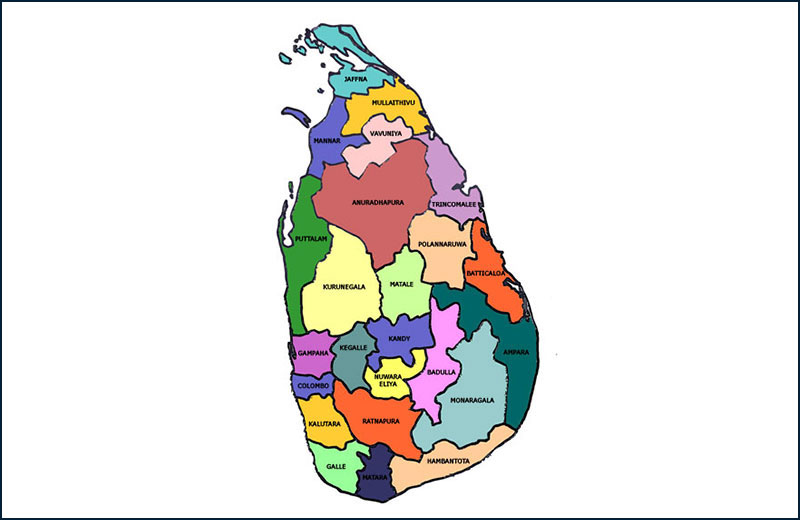[vc_row][vc_column][vc_column_text]
The challenge and the opportunity to the country is to become a world class marine and logistics centre for Asia, beyond the current business model which is over dependent on transhipment
Colombo is ranked 23 among global container ports. Known as the main transshipment hub in South Asia connecting the regional economies Sri Lanka can be named as the emerging Singapore, Dubai or Hong Kong, as an island that will attract logistics services.
The 13th-century Venetian traveler Marco Polo described Sri Lanka as being “for its size, better circumstanced than any island in the world.” The country’s location adjacent to the busy main East West shipping route, makes it well connected for shipping to Asia, Europe, Africa and Middle East linking the Indian subcontinent trade.
Sri Lanka is ideally located to connect continents and be a costeffective distribution hub as both Singapore and Dubai are becoming more expensive for such services. The island is connected to the Middle- East and the South-East Asia and the Indian subcontinent within three to four flying hours, and by sea one to five days of transit. This makes connectivity very attractive and fast for both passengers and cargo. Therefore, Sri Lanka will be the most logical location between Singapore and Dubai to be established as a major economic centre to facilitate the ever-increasing e-commerce based business to customer service trade.
Colombo is serviced by all major shipping lines with a current throughput of 5.7+million teus and is ranked 23 among global container ports. Known as the main transshipment hub in South Asia connecting the regional economies Sri Lanka can be named as the emerging Singapore, Dubai or the Hong Kong as an island that will continue to attract logistics services. India will be best connected via Sri Lanka linking both the East and West coast of India more effectively than any land transport model that could be developed within India. Colombo and Hambantota have new deep-water terminals to accommodate the latest ULCC, whilst Trincomalee is a natural deep-water port that can cater to maritime and logistics reequipments of the Bay of Bengal region.
The challenge and the opportunity to the country is to become a world class marine and logistics centre for Asia, beyond the current business model which is over dependent on transshipment. To be globally competitive Sri Lanka will have to open the economy further and create the conducive environment and attract global capital through reforms and continue modernisation of the business climate.
The need of the hour is that Sri Lanka should put in a plan to attract global investor interest to transform the location into a major maritime and logistics capital in the world. The development of this ecosystem needs investors with knowledge and business strengths to be partners in the development process. If the location can be converted with right policy with timely execution of reforms and modernisation into a successful economic, shipping and logistics hub using the Indian Ocean and its surrounding environment, then the country can transform into a major financial centre in South Asia. Certainly, the island of Sri Lanka is in the “ocean of opportunity” to be the hub for international transportation and logistics connecting South Asian trade to the world.
[/vc_column_text][/vc_column][/vc_row]







